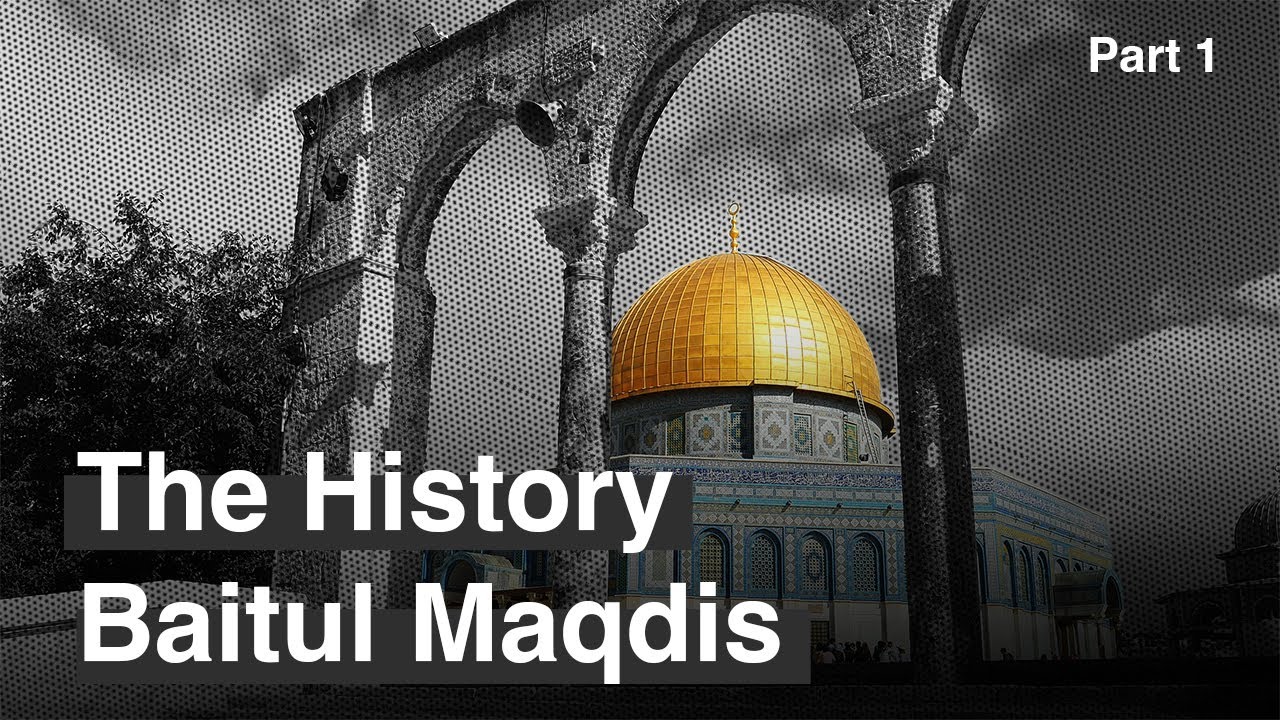What IS Zionism? | Unpacked
Summary
TLDRThis thought-provoking transcript delves into the complexities of Zionism, tracing its historical roots and evolution as a response to centuries of persecution. It highlights the diverse interpretations of Zionism, from political to religious, and the debates among early Zionists about the nature of a Jewish state. The narrative underscores the significance of Israel as a homeland for Jews, especially in the context of antisemitism and the Holocaust. Ultimately, it asserts that Zionism remains relevant as a foundation for Jewish identity and survival, fostering a commitment to building a nation that honors two millennia of longing.
Takeaways
- 😀 Identifying as a Zionist can be challenging in today's climate, with rising anti-Zionist sentiments.
- 😀 Zionism is fundamentally the belief that Jews have the right to govern themselves in their ancestral homeland, Israel.
- 😀 Anti-Zionism opposes this belief, asserting that Jews do not have the right to self-determination.
- 😀 The modern state of Israel represents the realization of the Zionist dream of self-determination.
- 😀 Judaism and Zionism are interconnected; Judaism's foundational texts present a long-standing connection to the Land of Israel.
- 😀 Theodor Herzl, a key figure in the Zionist movement, foresaw the dangers of antisemitism and advocated for a Jewish state as a refuge.
- 😀 The Jewish connection to the Land of Israel spans thousands of years, with a continuous longing for return despite historical exiles.
- 😀 Multiple strands of Zionism exist, including Political, Labor, Cultural, Revisionist, and Religious Zionism, each with distinct visions.
- 😀 The Holocaust highlighted the urgent need for a Jewish homeland, as many European Jews faced extermination without a safe refuge.
- 😀 Today, Zionism is still relevant as it represents a promise of safety and home for Jews globally, amidst ongoing debates about its meaning and implications.
Q & A
What is the definition of Zionism as presented in the transcript?
-Zionism is defined as the belief that Jews have a right to govern themselves in their ancestral homeland, which is the Land of Israel.
How does the transcript differentiate between Zionism and Judaism?
-The transcript states that while Judaism and Zionism are distinct, Judaism is inherently Zionist as the Jewish connection to the Land of Israel spans over 4,000 years, as presented in foundational texts like the Hebrew Bible.
What historical events contributed to the rise of Zionism in the late 19th century?
-The rise of nationalism, increased persecution of Jews in Europe, and specific incidents like the Dreyfus Affair highlighted the dangers of antisemitism, motivating Jews to seek self-determination in their ancestral homeland.
Who was Theodor Herzl, and what was his significance in the Zionist movement?
-Theodor Herzl was a journalist and a leading figure in the early Zionist movement who recognized the futility of combating antisemitism in Europe. He advocated for the establishment of a Jewish state as a solution for Jewish self-determination and survival.
What are the six types of Zionism mentioned in the transcript?
-The six types of Zionism discussed are Political Zionism, Labor Zionism, Cultural Zionism, Revisionist Zionism, Religious Zionism, and Religious Non-Zionism.
What were the key beliefs of Political Zionists?
-Political Zionists believed that the Jewish state should resemble other states, asserting that the lack of a state was the root cause of antisemitism, which would dissipate once a state was established.
How did Labor Zionists envision the Jewish state?
-Labor Zionists aimed to create a Jewish state with a socialist government that emphasized agriculture and collective ownership, representing a departure from religious monarchy.
What impact did the Holocaust have on the Zionist movement?
-The Holocaust drastically shifted priorities within the Zionist movement, leading to a focus on survival and the establishment of a Jewish state as a refuge for the remaining Jews of Europe.
What criticisms do some religious Jews have towards Zionism?
-Religious non-Zionists believe that establishing a secular state in the Holy Land is inappropriate, asserting that only God should determine when Jews return to Zion.
What is the overarching significance of Zionism today as expressed in the transcript?
-Zionism today represents a collective commitment to ensuring that Jews have a safe homeland, allowing for continued cultural and national identity while acknowledging the complexities and debates surrounding the future of Israel.
Outlines

This section is available to paid users only. Please upgrade to access this part.
Upgrade NowMindmap

This section is available to paid users only. Please upgrade to access this part.
Upgrade NowKeywords

This section is available to paid users only. Please upgrade to access this part.
Upgrade NowHighlights

This section is available to paid users only. Please upgrade to access this part.
Upgrade NowTranscripts

This section is available to paid users only. Please upgrade to access this part.
Upgrade NowBrowse More Related Video
5.0 / 5 (0 votes)





